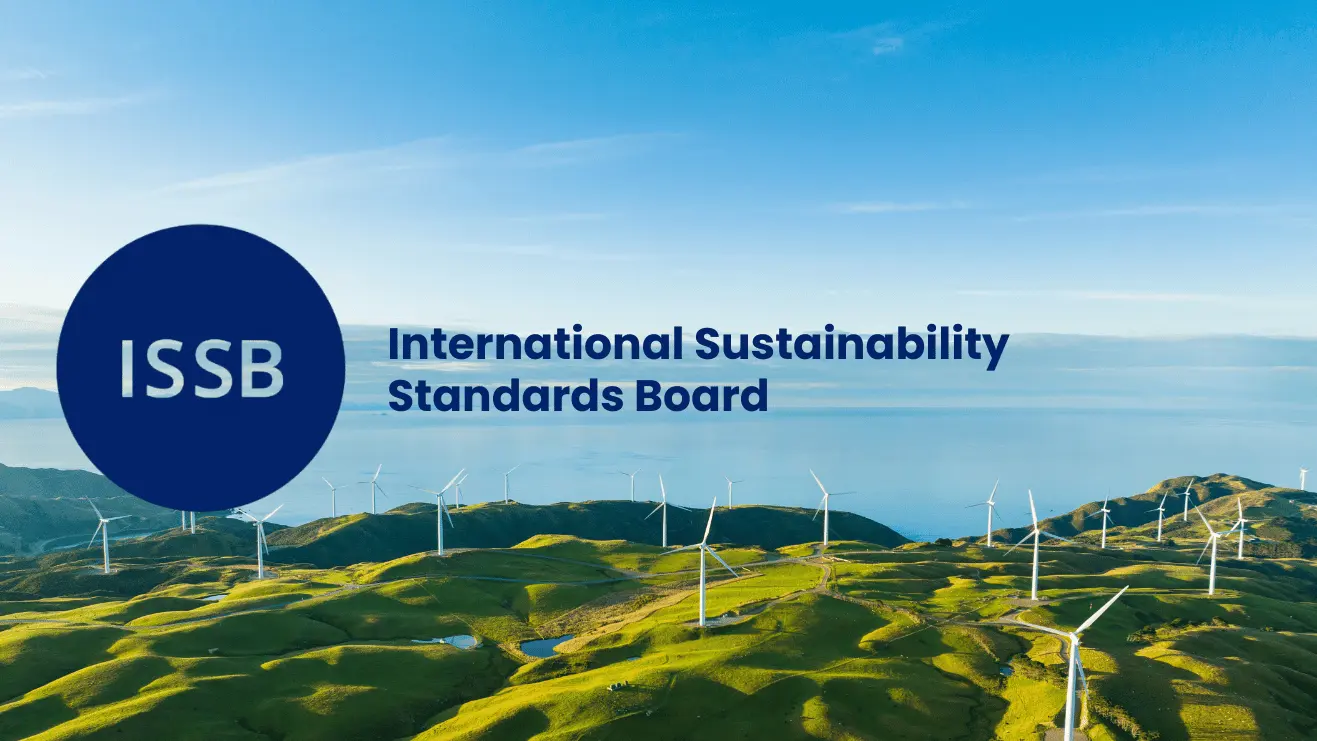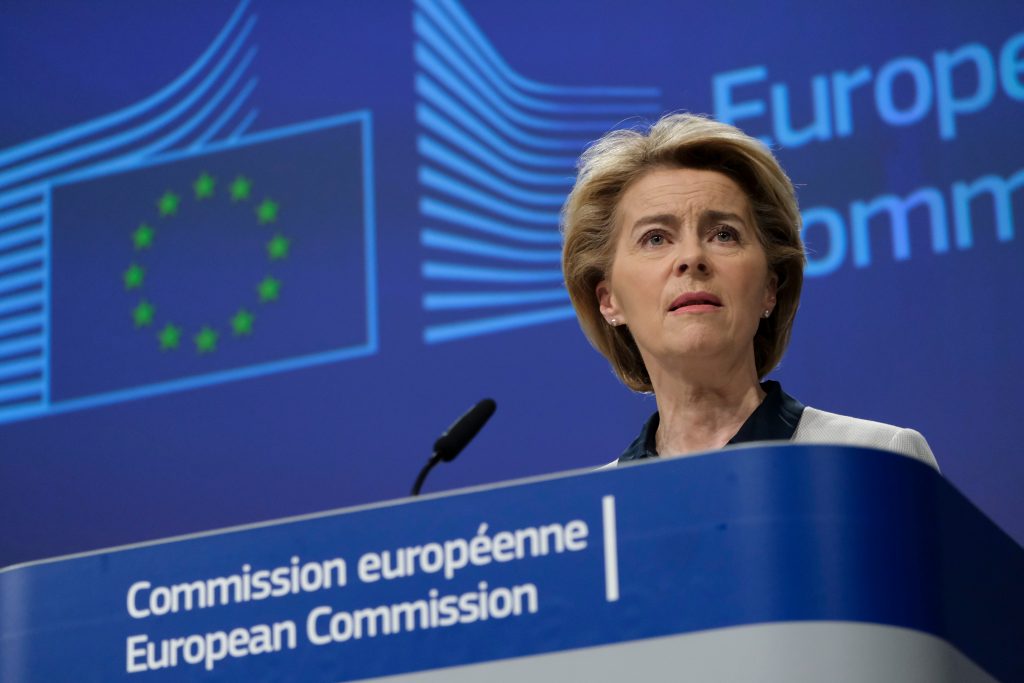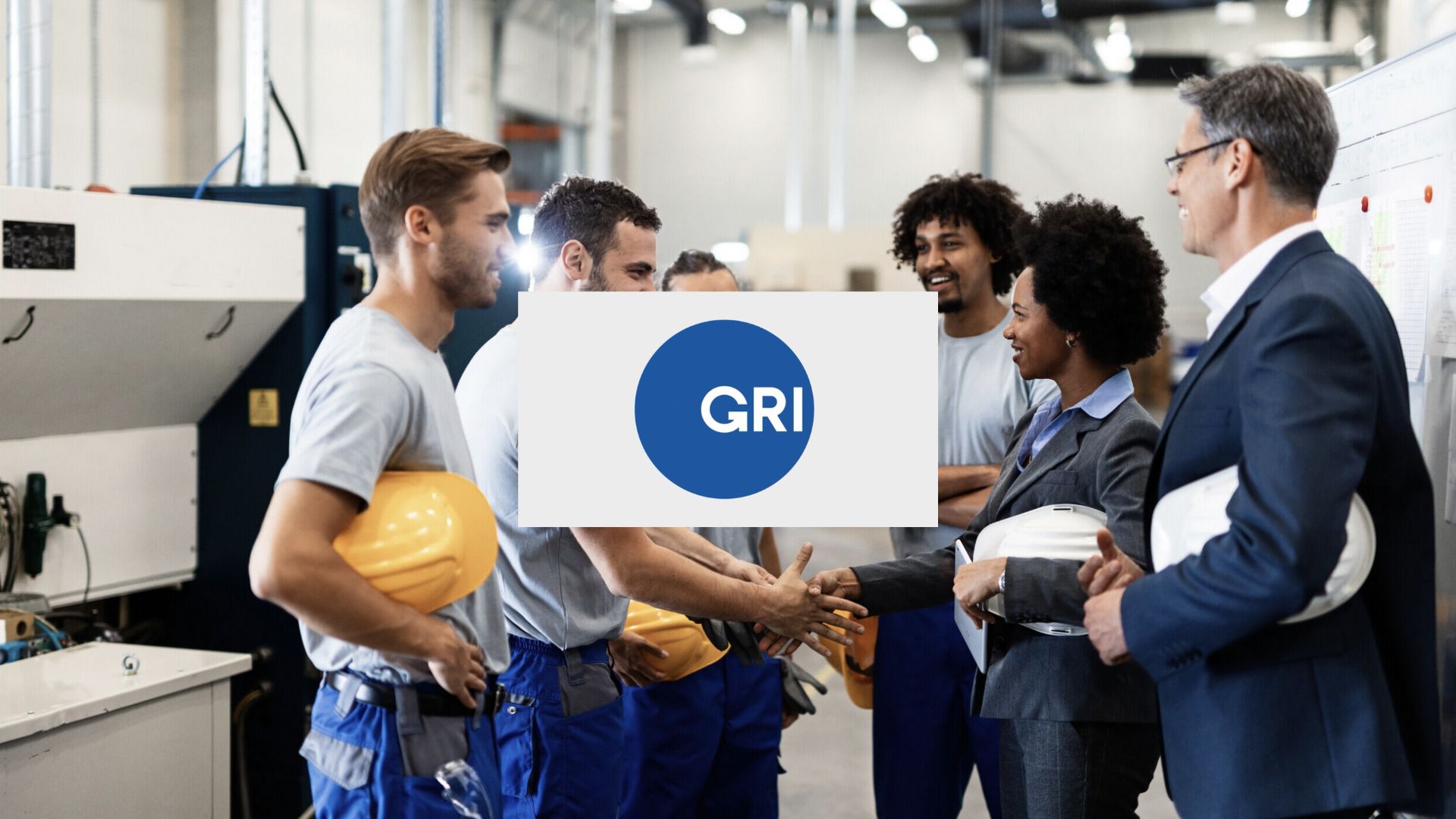EU and Argentina Step Up Cooperation on Clean Energy Transition and Energy Security

|
Listen to this story:
|
At the EU-CELAC Summit in Brussels the EU and Argentina have taken a further step in their energy cooperation with the signature of a MoU. Signed by European Commission President Ursula von der Leyen and the President of the Argentine Republic Alberto Fernández in the presence of Commissioner for Energy Kadri Simson and Argentina’s Minister of Foreign Affairs Santiago Cafiero, the MoU sets out key areas of cooperation, including renewable energy, hydrogen and methane emissions abatement. It also stresses the importance of ensuring that the clean energy transition is socially just.
President of the Commission, Ursula von der Leyen, said: “Europe and Argentina are partnering for a more secure, sustainable and prosperous world. Our energy cooperation is a particularly promising field to ensure a just and clean transition on both of our continents. The Memorandum of Understanding being signed today will guide and shape our cooperation in the years to come. It is an important step in rolling out the EU’s Global Gateway Investment Agenda and will help us achieve our objectives on climate and energy.”
See related EU Invests €3.6 Billion of Emissions Trading Revenues in Innovative Clean Tech Projects
A stronger energy cooperation
As set out in the MoU, the EU and Argentina will work together to develop and promote renewable energy and energy efficiency, as well as the use of hydrogen and its derivatives in applications, such as industrial processes, transportation and energy storage. Enhanced energy cooperation will advance the energy transition and in-country value creation, and contribute to economic growth and sustainable local development.
The two parties also committed to endeavour to reduce methane leakages in the fossil gas supply chain to the maximum level technically feasible. Together, they will examine new technologies for reducing venting and flaring, and work to integrate recovered methane into the supply chain in order to reduce harmful emissions while increasing the efficiency of the natural gas supply chain. This will help achieve climate targets and boost security of energy supply.
Furthermore, the Memorandum underlines the need to ensure that future investments in promising projects or activities comply with relevant environmental legislation of both parties and take into account concerns on biodiversity degradation, and ensure the protection, conservation and restoration of water systems and water-related ecosystems. It also emphasises the importance of pursuing a just energy transition which respects the interests of local communities.








